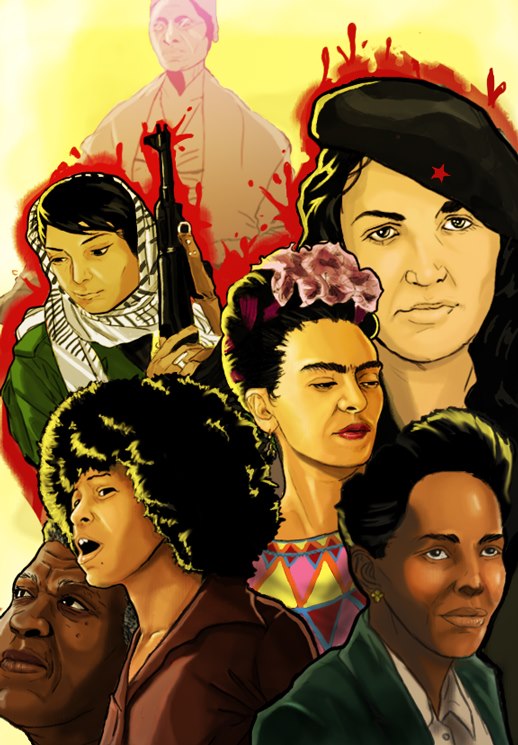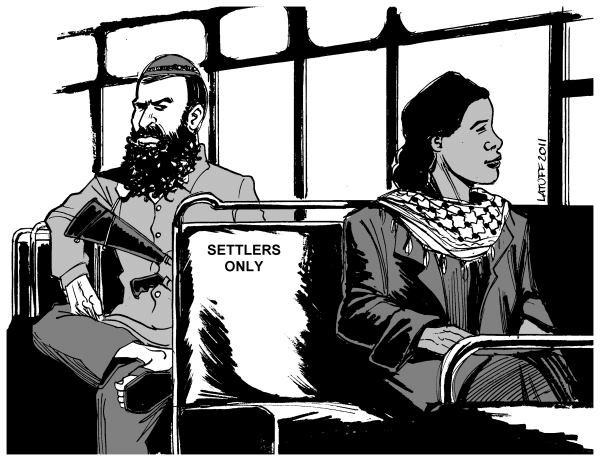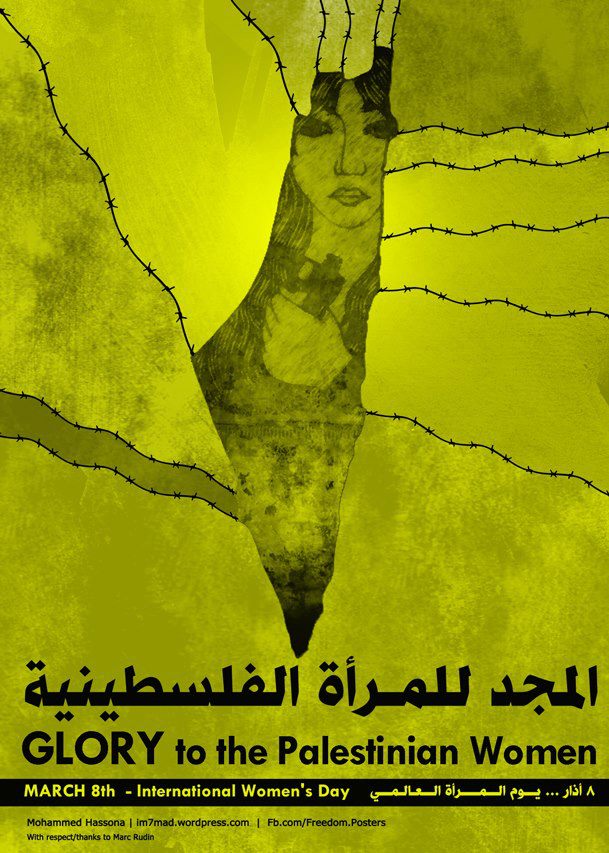 EDITOR: International Women’s Day, 2013
EDITOR: International Women’s Day, 2013
The Palestinian struggle has been very interesting in terms of evidence about women’s place in society. The first Intifada, started in December 1987, was a time that women played an immense role; Not only were the street and community events led by women, but women were amongst the national and regional organisers of the resistance. Huge numbers of women ended up in jail, and became politically educated as a result. The great challenges of continuing daily life under such stress fell on women’s shoulders, as usual. There were no arms used by the protesters, which was also the result of women’s involvement. The whole Intifada grew from the ground up, and was a true popular uprising.
During the second Intifada, things were very different. The PLO has settled in Palestine in the meantime; the Oslo agreements were signed, then spurned and ignored by Israel. The Intifada started with a religious-linked event – the reaction to Sharon’s visit to the Haram Al-Sharif, intended to inflame Muslim and Arab opinion. It did so, and the Intifada started with armed resistance across Palestine, more or less excluding the masses of the population, with women’s involvement being minimal. The resitance was led by the armed organisations, with the PA playing a role itself in the early stages, until it started to police the events on Israel’s behalf. This pattern held for a number of years. Despite the great human cost, and enormous suffering, the Palestinian struggle has suffered during the last decade some serious reverses – especially since the building of the Apartheid wall, and the Gaza massacre during December 2008/January 2009, and since than in November 2012. Israel has acted illegally and brutally, seemingly without any efficient international resistance to its continued oppression in the Occupied Territories of Palestine. Indeed, the violent nature of the struggle has sometimes assisted Israel in its propaganda war against Palestine, and has helped to galvanise Western support for Israeli war crimes – the violence of the weak, Fanon noted, is never treated in the same way as the violence of the mighty…
The current round of events is very different again. The continued atrocities everywhere, the speeding up of settlements and land theft, the completion of the Apartheid Wall, the growing daily evidence of racism and apartheid in all aspects of daily life, and recently, the murders and torture of Palestinian detainees in prison, as well as the long hunger strike by prisoners – all these have led to the renewal of popular struggle across the West Bank. Despite the great effort by the PA to control the demonstrations across the West Bank, the events now are led by activists and not by the armed resistance groups. Women are again playing there proper role in the struggle, and it is non-violent, direct action (NVDA) which directs the actions. May this trend continue and strengthen! A popular struggle is always the one likely to produce the more positive results.

